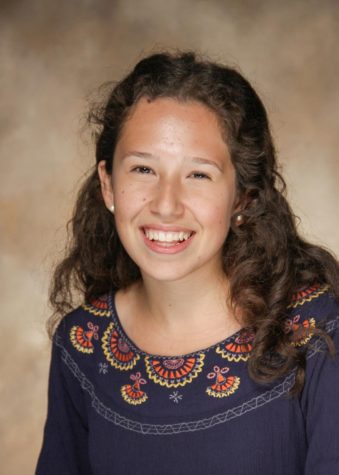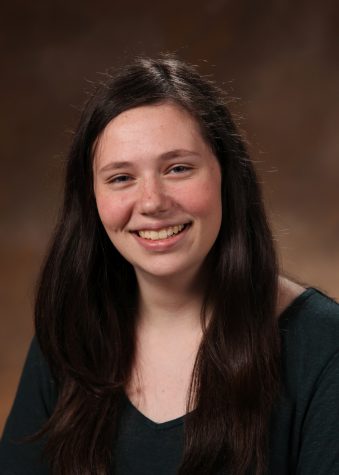Despite MCPS change, administration stands pat on finals policy
May 24, 2017
After Montgomery County Public Schools (MCPS) decided to end finals for the 2016-17 school year, questions arose within the CESJDS community regarding the future of finals.
The county chose to get rid of finals in order to maximize instructional time, former school board president Patricia O’Neill told The Washington Post. According to O’Neill, both parents and teachers had concerns that finals took away from valuable class time.
High School Principal Marc Lindner was aware of MCPS’ decision, and after discussing it with Dean of Students Roslyn Landy and Academic Dean Aileen Goldstein, decided that JDS should keep finals at the end of the year.
Regardless of what the county decided, Lindner values final exams because he believes students need to be able to process and learn lots of material and then display their knowledge during the exam.
Unlike Lindner, sophomore Dana Fishkin believes finals do not truly show students’ understanding of a course.
“I get that it is only the second semester work, but that is a lot to recall in the same week,” Fishkin said. “We already did this, we already took a test on it, and that grade is reflective of what we know.”
While Fishkin is critical of the exams, Landy agrees with Lindner on the value of keeping finals. Landy said that part of high school education is preparation for college, and she believes that finals are an effective method of doing so.
“It is important for high school students to learn to sit for a long exam and to learn how to pull together a semester’s worth of material,” Landy said. “If you do not learn that in high school, you will be at a huge disadvantage in college.”
Landy acknowledged the stress and difficulties surrounding finals, but believes that JDS’ method of final exams is designed to set students up for success.
“I know that finals are stressful for high school students and I hate to see kids under stress, but unfortunately, stress is part of life, and final exams are part of high school life,” Landy said. “We try to help students prepare for exams and help alleviate some of the stress.”
Instead of having one final exam at the end of the year on all material or two large exams throughout the year, JDS only has one with material from January to the end of the year. This split is to maximize class time, as taking a full week out of the school year to take finals each semester takes up too many days.
Similar to Landy, math teacher Tori Ball sees the importance of finals because of their ability to bring different material from throughout the semester together. As a math teacher, a final exam is the only way Ball feels she can assess that information cumulatively. Though they work for Ball’s class, she acknowledges their imperfections.
“I think we do a good job at JDS of trying to play to different people’s strengths and giving people different ways of showing what they know. I think it is unfortunate that the way that manifests itself at the end of the year is just final exams,” Ball said. “For some students, I think [studying for finals] is a really frustrating experience and I wish they had a few more options in that regard.”
Nevertheless, Ball believes that finals are “objectively good” and they produce many educational benefits to students.
Junior Ariana Bennaim also thinks finals are important and finds them a good way for the teachers to assess the students knowledge of the material. To Bennaim, since JDS teachers are the ones making finals, final exams accurately demonstrate of knowledge.
Fishkin is unconvinced that finals are the best way to demonstrate her knowledge and prepare her for the future. She believes that the expected amount of preparation is “excessive and unfair” and will not benefit her in the long run.
“I don’t think that without finals I would be less prepared for college, I think that when the time comes you need to prepare yourself,” Fishkin said. “While we are in high school that is unnecessary and we are not ready for that level of intensity.”








